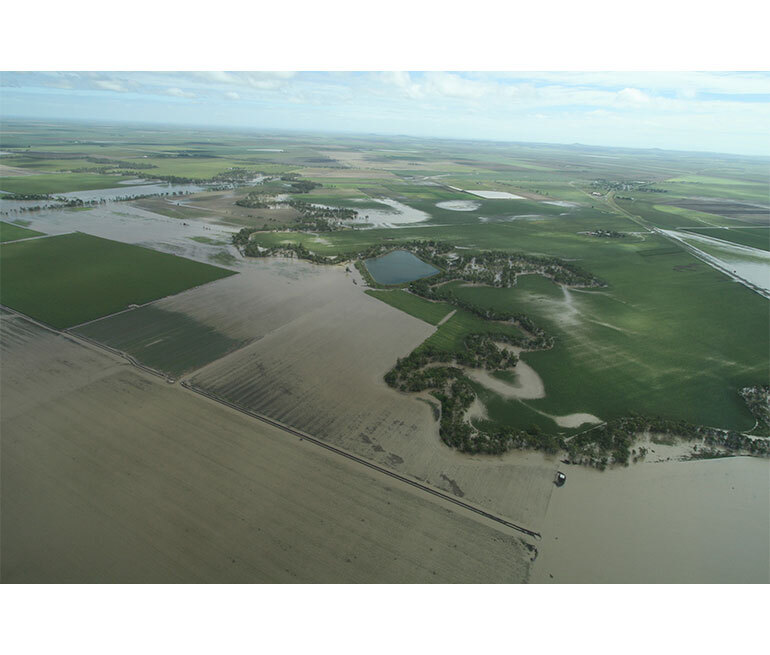Irrigators to forgo harvesting water to improve positive environment outcomes

New South Wales farmers are supporting proposed government initiatives to protect and enhance the environment by cutting back the amount of water they harvest during flood events.
In NSW, cotton farmers will relinquish approximately one third of their floodplain harvesting allocations in a bid to improve river flows and ecosystems downstream.
It’s an action that irrigators initially opposed, but now most irrigators and Cotton Australia are supporting the change because it will benefit the environment in the long term, and provide irrigators with greater surety to manage their businesses.
Cotton Australia General Manager Michael Murray said the harvesting of water under these circumstances can only occur after significant rainfall events.
“Cotton Australia fully supports the licencing of floodplain harvesting extraction in NSW and recognises this is the last significant piece of the full transition to the Water Management Act 2000, which requires virtually all extractions to be volumetrically licenced,” said Michael.
“In providing our support, Cotton Australia recognises that all extractions, whatever their source, need to be in accordance with the 1993/1994 Murray Darling Basin Cap, State resource plans and the Murray Darling Basin Plan.”
Floodplain harvesting for irrigation in NSW accounts for just three per cent of water during a flood event, where in most cases rivers are full and overflowing and dams are spilling.
The state government is pushing to regulate floodplain harvesting, which means farmer’s water consumption will be properly metered and monitored to ensure compliance.
Although farmers will get less water, they’re supporting the change to make positive environmental impacts.
To find out more about Floodplain Harvesting, watch the New South Wales Irrigators’ Council short video below:
Words by Ali Kuchel
